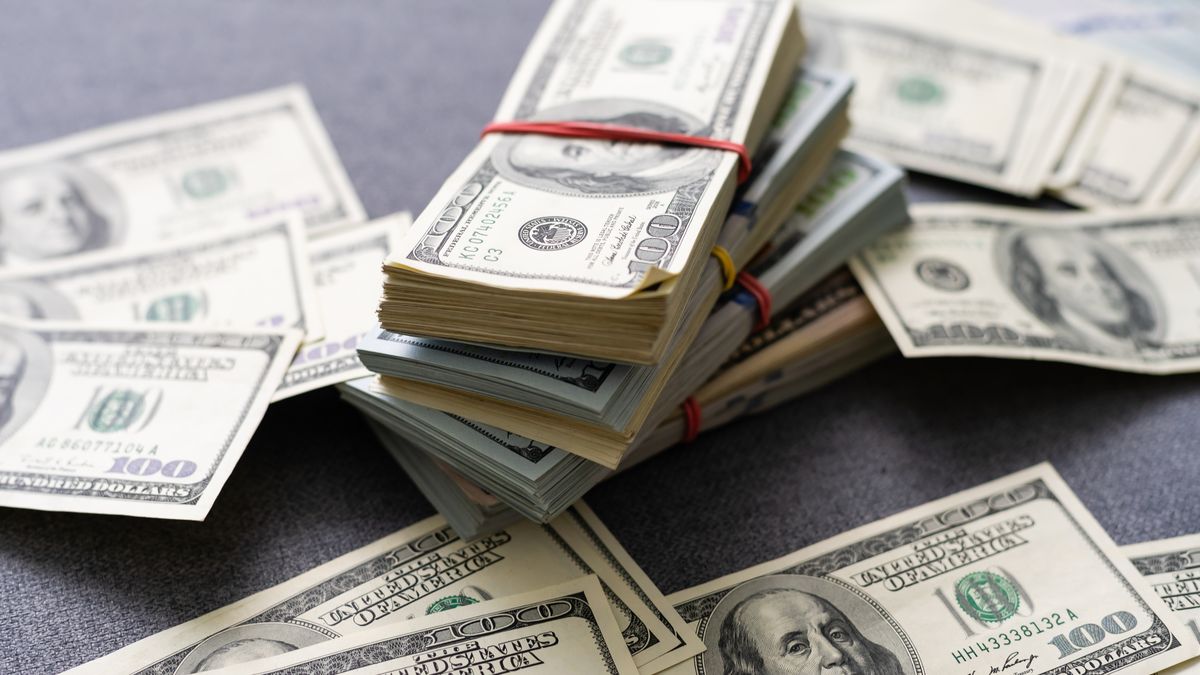Factors that damage banknotes
– Humidity: banknotes should be in places with an average humidity of between 30% and 55%. This can generate fungi on the bills and break them.
– Insects and rodents: it is important to keep your bills in clean places with as little access as possible to these animals, as they tend to pierce or break them.
– Heat: they should not be stored in places with temperatures above 24° permanently. Ideally, they should be between 10 and 20 degrees.
– Elastic bands: over time they dry out and stick to the bills, which can stain or break them.
– Adhesive tape: the tape degrades over time, throws grease on the paper that wraps the bundle and then transfers it to the bills.
– Hooks or clips: moisture can rust them and mark the bills.
– Store bills next to coins: the latter can also rust.
– Sunlight: it can also significantly damage them and fade them.
– PVC containers: over time it can stain the banknotes.
– Wooden containers: avoid them especially for the contract with the banknote because they can cause stains or oxidize the banknotes.
How to save dollars at home
Despite being made to have some resistance, dollars can deteriorate. That is why the ideal is:
– Assemble a stack of bills and use a self-adhesive strip to close it.
– Additionally, aluminum or white paper can be used to wrap each bundle.
– Put them in a hermetic zip lock bag for food without PVC (Ziploc type).
– Add envelopes or bags of silica gel to absorb moisture.
– It is also advisable to check the state of the savings every 6 months to see its level of humidity and heat.
Where not to keep the bills
– Bathroom: it is a very humid space.
– Refrigerator or freezer: it is also not recommended due to its humidity.
– Underground: humidity is the main irrigation, although it is also exposed to a greater number of insects and rodents.
– Basement or attics: the former are usually very humid, while the latter are usually excessively hot.
– Mattress: may be exposed to insects.
– Loincloths: there are many possibilities that they are accessible to rodents or bugs.
The best places to store savings
There are many options for safes or secure devices: the traditional wall safe with code, the safe that simulates a plug, a vent, a drain or a clock. Books or cans with a false bottom.
Bank safe deposit boxes are also a good option, although there is no free access to funds due to opening hours. In addition, there are also risks, such as leaks or theft from safe deposit boxes, although the latter are very infrequent.
Companies other than traditional banks also offer safe deposit box services, although their costs tend to be higher.
Source: Ambito
David William is a talented author who has made a name for himself in the world of writing. He is a professional author who writes on a wide range of topics, from general interest to opinion news. David is currently working as a writer at 24 hours worlds where he brings his unique perspective and in-depth research to his articles, making them both informative and engaging.




